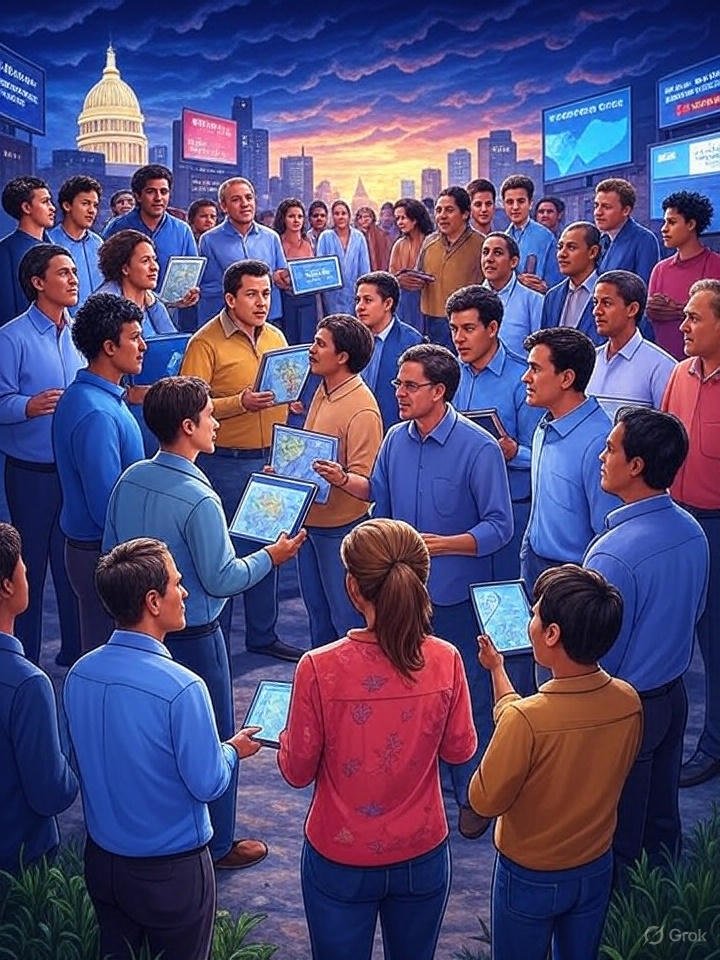The fashion industry is undergoing its most radical transformation in decades, driven by technological disruption and shifting consumer values. These seven key developments are reshaping how we design, produce, and experience fashion.
1. Digital Fashion & Virtual Try-Ons
Augmented reality (AR) fitting rooms reduce returns by 40% (Zegora). Major brands like Gucci now sell digital-only clothing for avatars, with the virtual fashion market projected to reach $50 billion by 2030 (Morgan Stanley).
2. AI-Driven Design & Personalization
Generative AI creates thousands of design variations in minutes, cutting development time by 70% (McKinsey). Startups like ZMO.ai enable custom garment generation from text prompts.
3. Sustainable & Circular Fashion
H&M’s recycling machines break down old garments into new fibers with 95% efficiency. The secondhand market will double to $77 billion by 2025 (ThredUp), forcing brands to adopt resale programs.
4. Smart Textiles & Wearable Tech
Temperature-regulating fabrics and health-monitoring garments will grow 30% annually (IDTechEx). Ralph Lauren’s self-heating jackets demonstrate the commercial viability of smart clothing.
5. 3D & On-Demand Manufacturing
Adidas’ Speedfactory produces shoes 50% faster using 3D printing. Microfactories enable localized production, reducing carbon emissions by 35% per unit (Fashion for Good).
6. Blockchain for Authentication
Luxury brands deploy NFC chips and digital twins to combat counterfeiting. The blockchain fashion market will hit $10 billion by 2027 (GlobalData), ensuring transparency from farm to closet.
7. Biodegradable & Lab-Grown Materials
Mycelium leather and algae-based dyes are going mainstream. Stella McCartney’s mushroom leather handbags prove eco-materials can achieve luxury status.
The Road Ahead
Fashion’s next era will blend physical and digital experiences while confronting sustainability challenges. Brands embracing these innovations gain competitive advantage through:
- Hyper-personalized customer experiences
- Radical supply chain transparency
- Waste-free production models
The most successful companies will be those that view technology not as disruption, but as essential tools for creating better fashion systems. Early adopters are already seeing 20-30% gains in efficiency, customer satisfaction, and sustainability metrics (BoF).
For fashion professionals and consumers alike, understanding these trends is no longer optional – it’s the key to thriving in an industry undergoing fundamental reinvention. The future of fashion belongs to those who innovate responsibly while staying true to creative vision.







